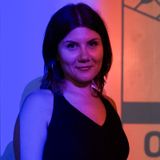The question ‘what does resistance look like?’ can have many answers, but the answer is undoubtedly shaped by images and examples of the past. In this event filmmakers and activists Laleh Al Marjani, Zehra Eekhout and artist Hilda Moucharrafieh reflect on their image of resistance and how this shapes their activism today. To guide the discussion, we will watch two documentary films about resistance in the context of Lebanon and Palestine: ‘Children of Shatila’ (1998) by Mai Masri and ‘Burst Out’ (2023) by Zehra Eekhout. Hopefully this night can refuel our (image of) resistance.
The panel session will be moderated by Tania Shoukair.
At the event there will be a QR code for donations that go to grassroots initiatives for Shatila refugee camp in Beirut.
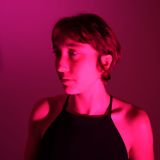
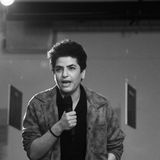

Bron: Children of Shatila (1998)
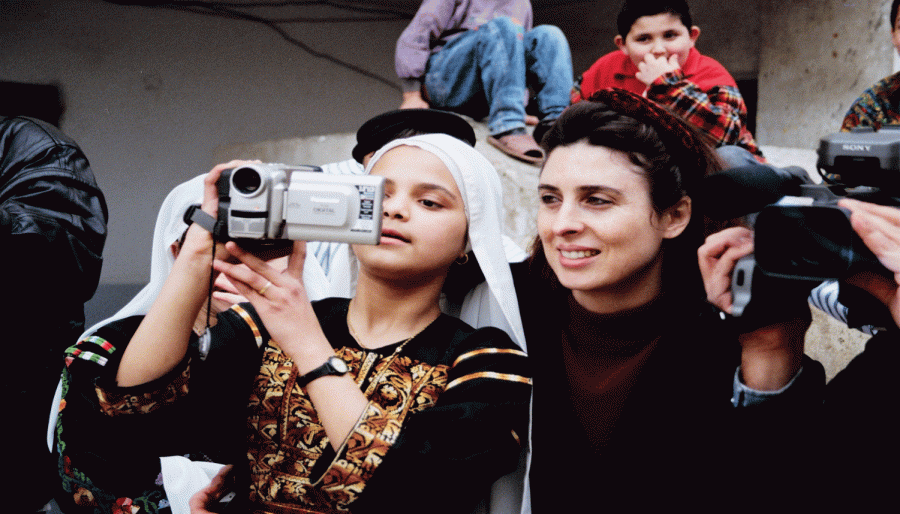
Mai Masri
Farah and Issa, two streetwise children living in Beirut’s Palestinian Shatila refugee camp, use their imaginations and creativity to come to terms with the realities of growing up in a refugee camp that has survived massacre, siege, and starvation.
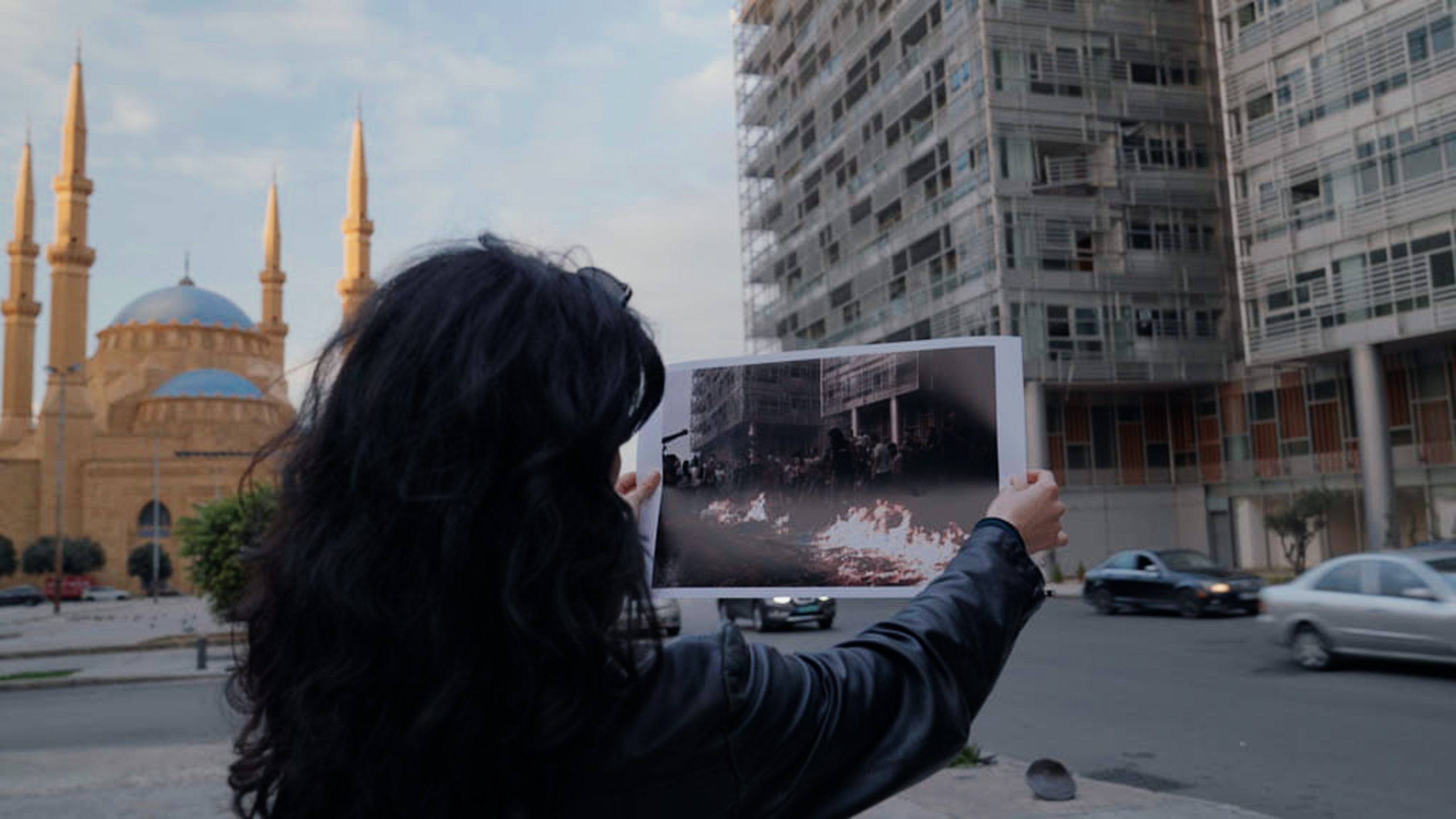
Zehra Eekhout
Burst Out (2023) by Zehra Eekhout
After the heyday of the 17 October uprising in Lebanon in 2019, three Lebanese artists enter the Egg, an abandoned brutalist building in downtown Beirut. Lebanese people occupied the space during the 17 October uprising in 2019 within months of protests against Lebanon’s economic and political circumstances. In their own artistic rendering, the three artists seek to interpret their memories towards the events that happened inside the Egg during the time of the protests.
About the speakers
Hilda Moucharrafieh (b. 1986, Lebanon) is an artist, mentor and cultural worker who develops her artistic and cultural work on the basis of anti-colonial solidarities and communal well-being. She makes site-specific interventions in public space which tells stories of people that are excluded from West-Europe’s dominant narratives, and therefore not reflected in its designed public spaces, and further marginalised by its neo-colonial policies. Institutionally, she mentors, supports, and shares tools of documenting and disseminating artistic research processes to students at HKU Master Scenography program in Utrecht. She is also the artistic coordinator at (A)WAKE co-developing artist residency programs for WANA artists in diaspora, transnational para-union solidarity networks, and the New Radicalisms biennial festival in Rotterdam. And of recent, she is the co-director of Platform BK alongside colleague and comrade Arthur Kneepkens. Instagram: @hilda_moucharrafieh Website: www.thenarrativecollective.com
Laleh Almarjani is a filmmaker, poet and social media activist. He made numerous videos that helped in legal cases against police violence or unlawful accusations in protests for Palestine. Laleh also organizes actions, and creates chants, poetry, and spoken word to use art as a form of activism for Palestine. Instagram: @lalehamirali
Zehra Eekhout is a Dutch filmmaker, activist, DJ, radio-maker and Sociology teacher at Utrecht University. In her documentary Burst Out she explores fluidities in East-West divisions and artistic forms of resistance together with Lebanese and Dutch creatives. Instagram: @zehracecilia. E-mail: [email protected]
Moderator: Tania Shoukair is a writer, poet, community organizer, facilitator, and moderator. She is the co-founder of Kayan: a collective focused on exploring third culture, connection, and belonging, and Rest Resist: a community focused on fighting collective exhaustion, overwhelm, and separation. Instagram: tania__shoukair


